Solar Panel Sales Installation & Service
Residential , Commercial & Agricultural
Call 519-240-8866
Toll Free 833-438-6380
Solar Panel Estimate Request
Send Estimate Request
Agricultural Solar
Solar investment in your farm that pays
- Individual Grower
- Large Enterprise
- Solar Panels
Solar Pool Heating
- Solar pool heating is a great way to drop your carbon footprint Gas heaters while cheap to install can burn enormous quantities of gas to keep your pool open a bit longer in the season.
This can be done cheaper in the long run, with automated temperature control with our favorite solar collector brand Enersol. We do installs and repairs, and are happy to get you swimming in a more comfortable pool today.
Solar PV
- Net Metering. – This is what we are all about. We can do a detailed analysis of your electrical consumption and then build the right sized solar array for your needs. This can reduce your power bill substantially to just a minor admin charge. Broadly speaking you will be generating extra power in the summer and banking it with your local utility in order to withdraw it in the winter. This type of install is the easiest and cheapest way to reduce your electrical carbon footprint, and your bills at the same time. There are no batteries required, and we have access to many different manufacturers of panels, and inverters to make sure your project is optimized to your needs.
- Solar Powered Battery backup – There is growing demand for power backup systems and ours are the best. You can start with the system described above and then we can add batteries that will power your home or office when the grid is down. Since you already will have solar panels, they can recharge your batteries during the day, so that in extended power outages you may not even need a generator. But if you do, our systems are easily integrated with generators for 100% uptime. Picture having more reliable power with less monthly bills. Contact us to go over some examples of projects including Lithium Battery backup solutions.
- Solar service and upgrades While solar is relatively low on maintenance, if you already have a system we can do repairs and upgrades as well. Have a MircoFIT project? Let us quote you on a lucrative panel upgrade.
Retail & Industrial Solar
Join the growing trend in green energy with roof top solar Panel investments.
Solar for Home and Businesses
In Canada, there are currently more than 43,000 solar (PV) energy installations on residential, commercial and industrial rooftops, providing power directly to those homes and businesses. There are many advantages when consumers generate their own solar energy on-site:
- Increased energy independence for individuals
- Savings for households and businesses because less electricity needs to be purchased from the Grid
- Lower overall costs for the electricity system, by helping to avoid the need for new utility-scale electricity generation, transmission and distribution infrastructure
Most of Canada’s solar PV capacity consists of utility-scale solar installations, typically known as “solar farms.” This sector of the industry is poised for significant growth, driven by massive cost reductions and the need for non-greenhouse-gas-emitting electricity generation to address climate change. Whether you are a homeowner or commercial business wanting to make a difference, the cost reductions seen over the last decade have made it a good investment, as well as doing your part to slow climate change.
- Most solar panels last up to 40+ years, have a 25-year warranty, and start generating a return on investment after 8-12 years. Grants are available for some that would make the return more attractive.
- Solar panels generate electricity up to 50% cheaper than utility electricity over their lifetime, depending on your location and cost of electricity.
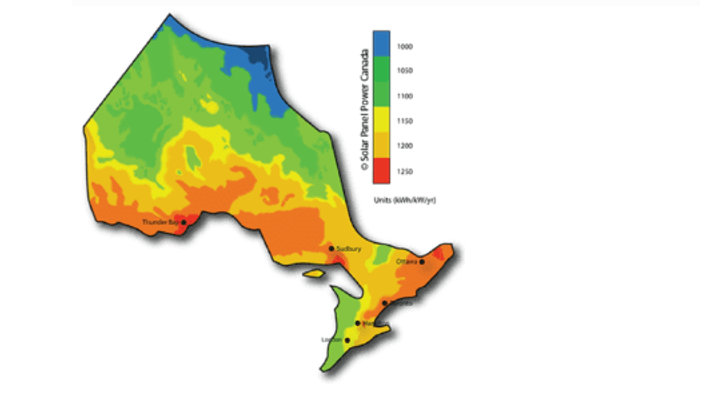
Solar in Ontario
Ontario is one of the sunniest places in Canada and is geographically good for solar. Ontario has been the leading province in implementing solar through first, the Feed in Tariff program and now the Net Metering program.
Net Metering
Sending excess power to the Grid
Before investing in a Solar Energy System for net metering purposes, check with your electricity utility to confirm that you are eligible and that they have the capacity to connect to their Grid.
How net metering works
Solar panels convert energy from the sun into electricity. Your home or business uses electricity from the Solar panels. When the Solar energy system produces more electricity than you can use, the excess electricity flows into your utility’s Grid. Your meter measures the electricity you and how much electricity you send to their Grid. Your utility bills you for the electricity you consume from their Grid and gives you a credit on your electricity bill in return for the electricity you sent to the Grid. If you have credits left over, they can be carried over to future bills for up to 11 months.
.
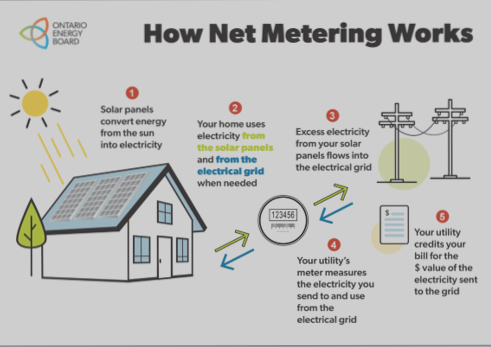
Recent Changes to Net Metering in Ontario
The Government of Ontario has recently made regulatory changes that allow Third-party ownership arrangements like leasing, renting, financing and power purchase agreements for the provision of renewable generation equipment or to purchase renewable electricity for the purposes of net metering. Third-party ownership net metering arrangements allow a customer to participate in net metering while not owning or operating the renewable generation facility that is generating the electricity. These changes also address regulatory barriers for third-party generators to sell the electricity to a customer for net metering and introduce consumer protection measures for this type of electricity retailing and other third-party net metering ownership arrangements.
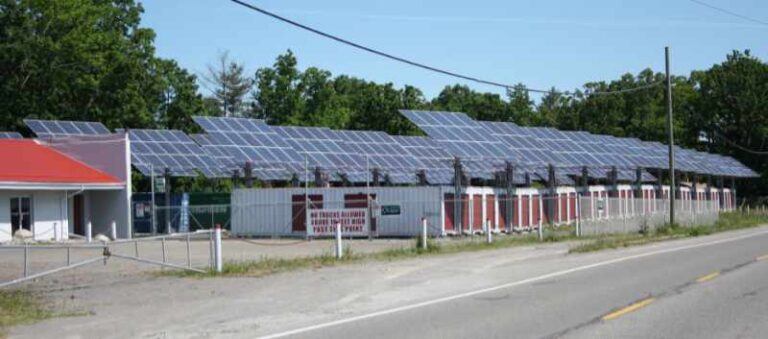
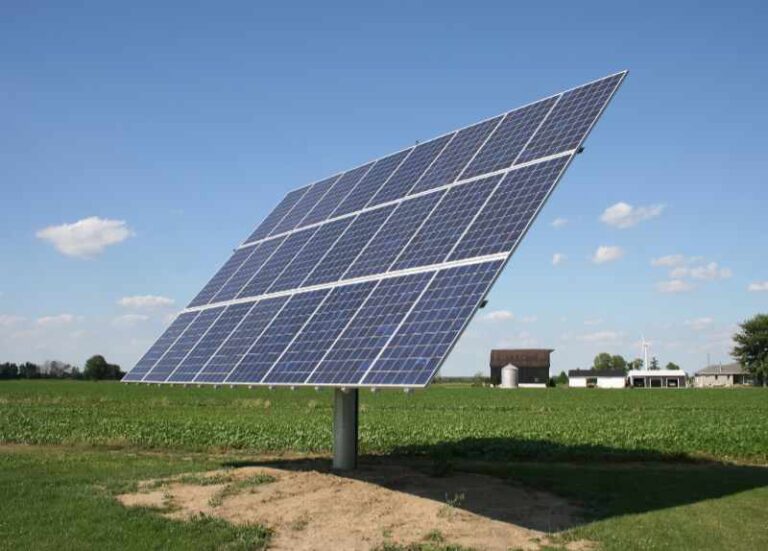
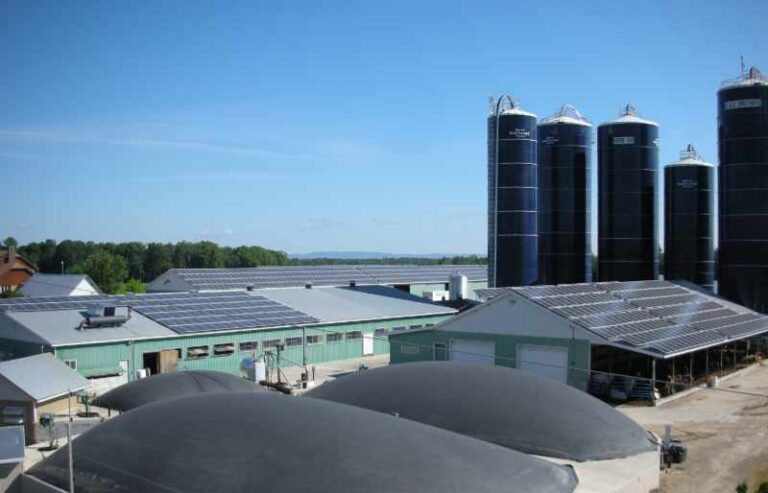
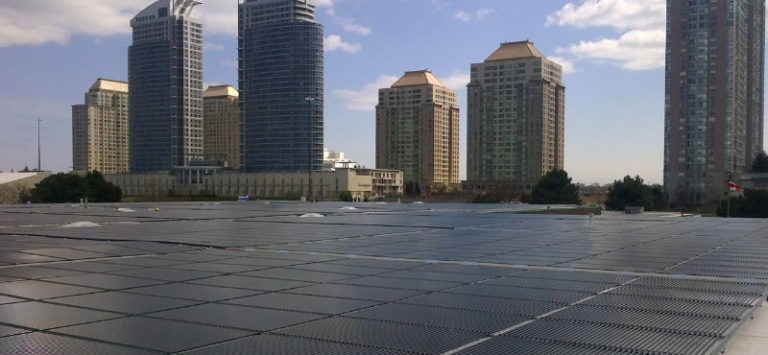
Learn more
Frequently Asked Questions
Solar panels work by converting sunlight into electricity through photovoltaic cells.
While the initial installation cost can be high, there are many incentives and financing options available that make solar power more affordable for homeowners.
Net Metering is the billing arrangement, when you have a Bi-Directional power meter installed at your home or business, that will measure the power you use and the power you generate with your solar panel system, so that your local power company can charge you the difference, or in other words, your net consumption. If you generate more power than you use each month, say in the summer, you will be able to bank that power as a credit and carry it forward for up to 11 months. Thus, solar power in the summer can be potentially used to offset even your winter energy consumption.
Net Metering with solar power is a good way to reduce your monthly bills, and hedge your finances against power bill inflation.
Most solar panel systems have a lifespan of 25-30 years, with some manufacturers offering warranties up to 25 years.
Solar panels can still generate electricity on cloudy days or in partial shade, but they are most efficient in direct sunlight.
Yes, you can store excess energy using batteries or sell it back to the grid through net metering programs offered by utility companies.
Studies have shown that homes with solar panel installations tend to have higher property values and sell faster than homes without them.
In most cases, yes, you will need approval from your HOA before installing solar panels on your property. It is recommended to review your HOA guidelines and seek permission before proceeding with the installation process
Batteries are required for Off Grid scenarios, where the grid is too far away, expensive to install or otherwise undesired to bring to your home or building. They are also used as a silent and immediate backup power source even if the grid is available.
Batteries can also be used for load shifting, by using battery power during peak price energy, and re charging them with lower overnight rates. Overall, using batteries with solar panels offers greater energy independence, resilience, and control over your energy consumption, making them a valuable addition to solar energy systems in many situations.